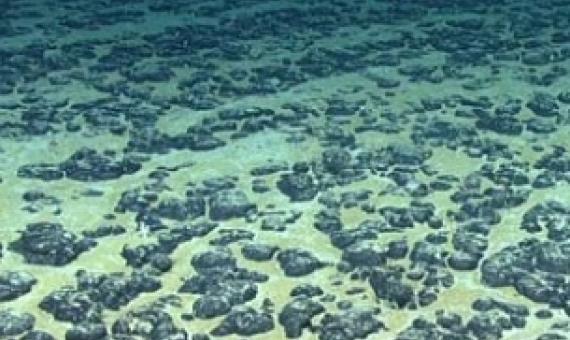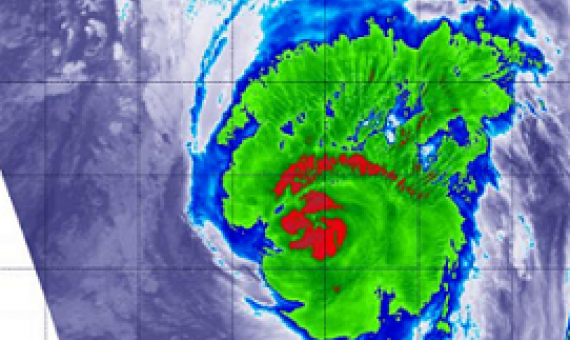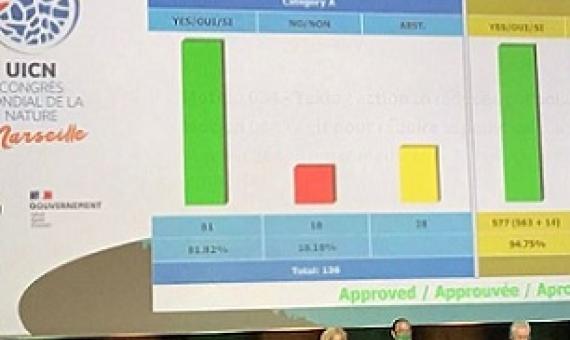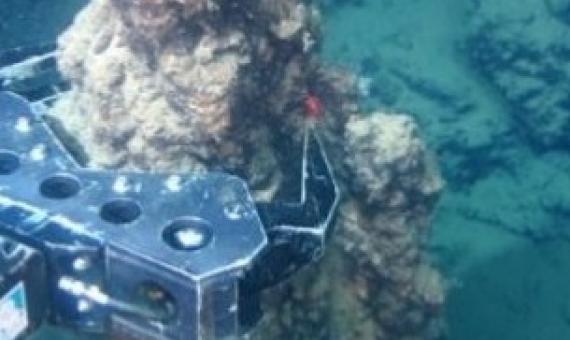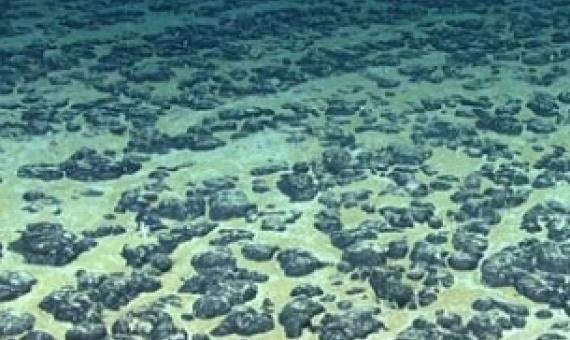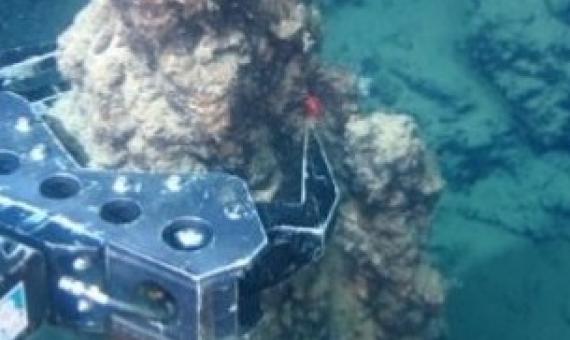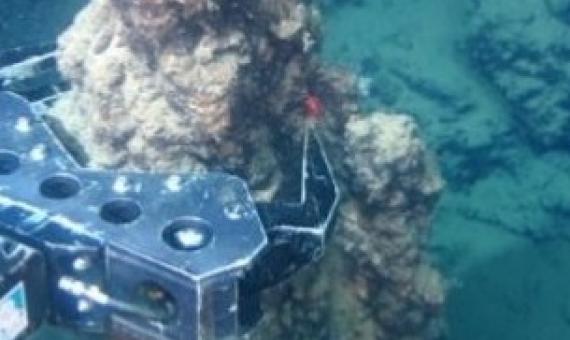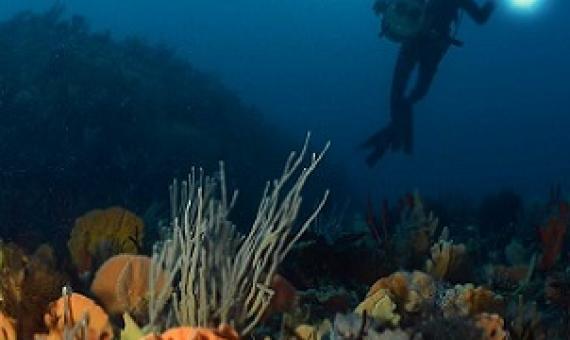The French Polynesian assembly has adopted a formal declaration for a moratorium on any plan to allow seabed mining. 45 members voted for, and 11 against the text, which aims to block any such activity until more is known.
The New Zealand government has announced it will back a conditional moratorium on deep sea mining in areas in international waters. It said this moratorium will remain until strong environment rules, backed by robust science, are in place.
Decades of scientific evidence demonstrate unequivocally that human activities jeopardize life on Earth. Dangerous anthropogenic interference with the climate system compounds many other drivers of global change. Governments concur: The science is settled.
Members of the IUCN World Conservation Congress have voted overwhelmingly in support of a moratorium on deep-sea mining, an activity that conservationists say could cause irreversible damage to the ocean.
Around 500 scientists from 44 countries have signed a letter urging a moratorium on ocean mining, an activity that researchers say could be adversely affect fisheries, in particular deep-sea catches like tuna.
The world's top conservation forum will vote this week on whether to recommend a moratorium on deep sea mining, with scientists warning that ecosystems degraded while dredging the ocean floor 5,000 metres below the waves could take decades or longer to heal...A "yes" vote by IUCN members—some 1,4
Pacific civil society groups have written to the British government seeking support on calls for an international deepsea mining moratorium.
A widespread Pacific civil society call for a global ban on deep sea mining activity has been launched.
Tasmania, already well behind national and international targets for protecting marine areas, has no plans to lift a moratorium on new reserves, says the State Government...Professor Graham Edgar, a marine ecologist with the University of Tasmania, has spent the past 40 years studying MPAs in Tas


